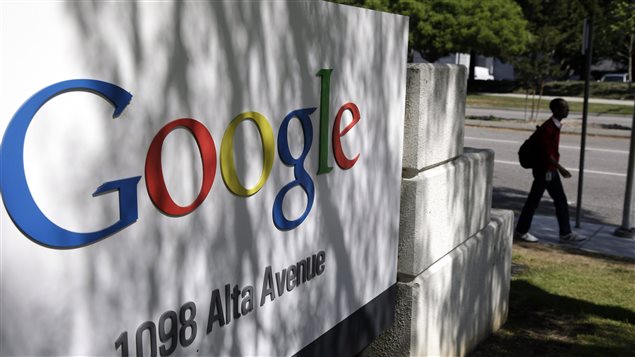Canada is investigating whether to charge Google with anti-competitive practices regarding online comparative shopping. The European Union has already accused the company of abusing its dominance in Internet searches.
“The principle is that web searchers—in this case, people searching the internet—should be able to benefit from free competition among the many types of services that are available on the internet,” says Mike Laskey, an associate in competition law at the Toronto law firm, Stikeman Elliot.
“In this case, for example, if you want to comparison shop for products on line, you should be able to comparison shop at any of the various sites that are available on the internet for that purpose.”
ListenGoogle may be using unfair advantage
The European Union’s concern is that Google uses its dominant position as an internet search engine to give itself an unfair advantage in the separate market of website offering comparative shopping.

“What the European Commission is alleging in this case is that Google has given its own comparative search service more favourable treatment, an unfair advantage, more prominent placement,” says Laskey. “And that that unfair advantage is harming its competitors which are other comparative shopping sites online.”
Google could face massive fines
Google has a market share of more than 90 per cent of internet searches in Europe. Google has 10 weeks to answer the EU allegations. If the responses are unsatisfactory, the EU can impose fines of about $6 billion US and force the company to change it practises for recommending websites.
Depending on the outcome of its own investigation, Canada’s Competition Bureau could decide to drop the matter, try to negotiate a settlement with Google or take the company to court on charges of violating competition law.







For reasons beyond our control, and for an undetermined period of time, our comment section is now closed. However, our social networks remain open to your contributions.